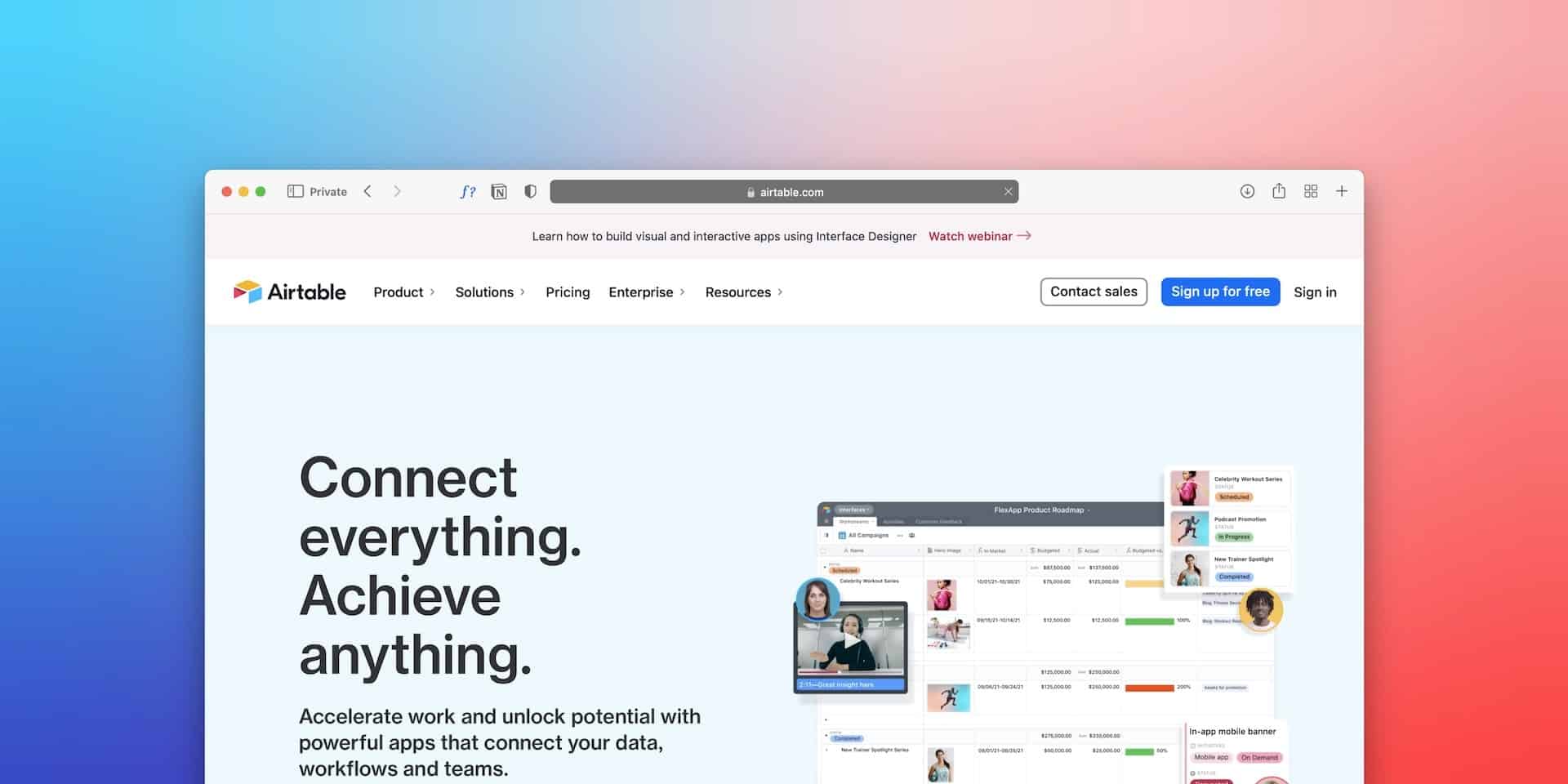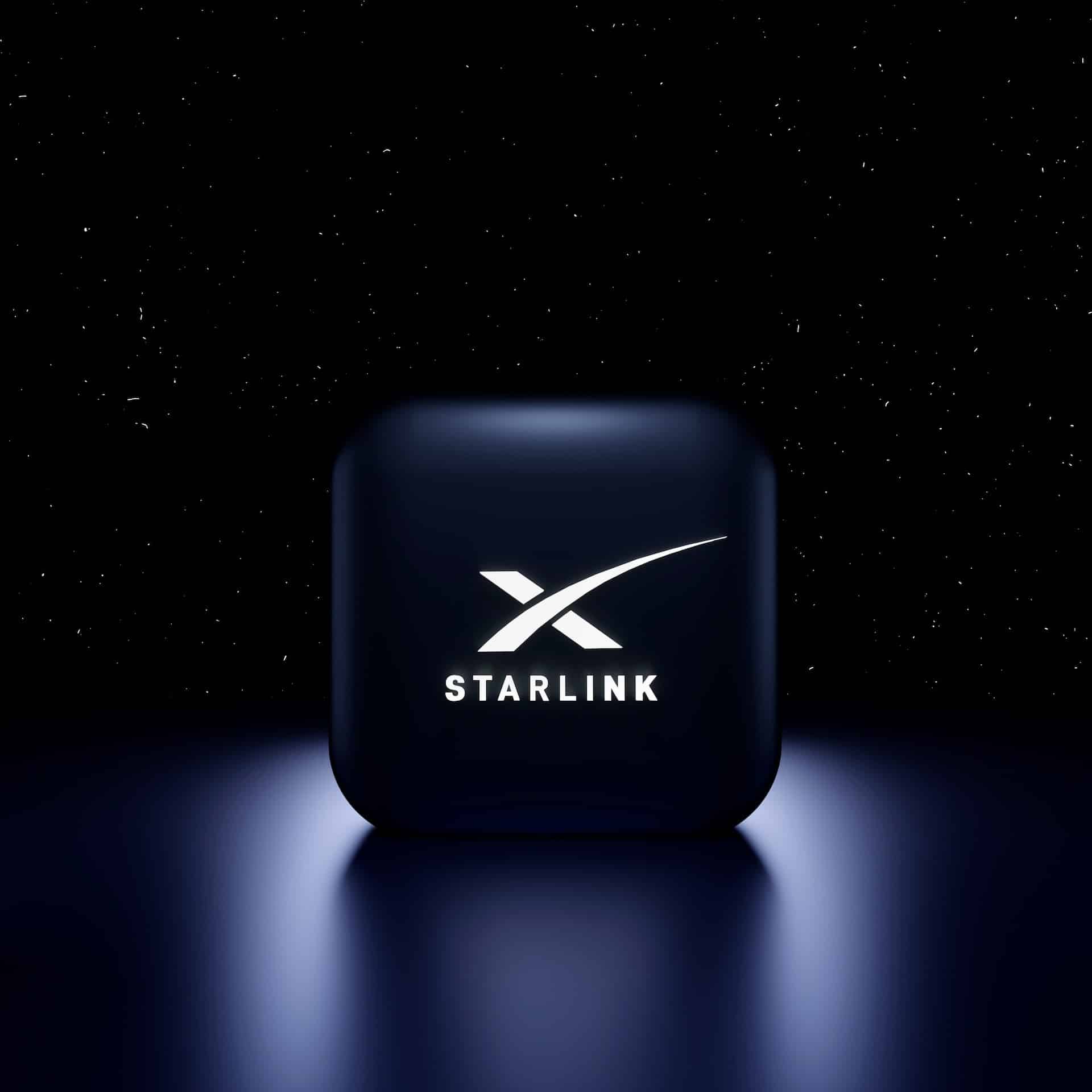Salesforce is a cloud-based software company specializing in SaaS offerings, including customer relationship management (CRM), marketing, sales, analytics, and application development. It was founded in 1999 by Parker Harris, Dave Moellenhoff, Frank Dominguez, and Marc Benioff.
In 2004, Salesforce went public in a $110 million IPO. The company operates from San Francisco, California, providing services in 23 territories globally.
For FY 2022, Salesforce’s annual revenue surged to $26.49 billion. The company has over 49,000 employees and caters to more than 7.2 million customers globally. [1]
Salesforce is renowned for its comprehensive CRM services. The company is the market leader in the global public cloud SaaS market after overtaking Microsoft, Oracle, and SAP in 2019. In Dec 2020, Salesforce acquired Slack Technologies to unify its platform. This acquisition boosts its competitive edge over Microsoft. Salesforce has to fend off top competitors and alternatives to maintain its revenue growth. [2]
Here is an in-depth analysis of top Salesforce’s competitors and alternatives:
1. Microsoft
Year founded: 1975
Headquarter: Redmond, Washington
Microsoft is a multinational tech company that provides enterprise-level solutions. In Jun 2021, Microsoft became the second company to reach a $2 trillion market cap.
Its diversified portfolio includes Microsoft Dynamics 365, Salesforce’s top competitor. For FY 2021, Microsoft generated $143.02 billion in revenue, about seven times more than Salesforce. [3]
The main competitive advantage for Dynamics 365 over Salesforce is its integrated platform. Microsoft made several strategic changes in 2020 to challenge Salesforce in the cloud software market. Most companies use Microsoft’s productivity solutions, increasing Dynamics 365’s advantage over Salesforce. Dynamics 365 makes Microsoft the top Salesforce competitor. [4]

2. Oracle
Year founded: 1977
Headquarter: Redwood City, California
Oracle is a leading technology company specializing in databases, cloud computing, and enterprise software and hardware. For the fiscal year ended Jun 2021, Oracle reported $40.5 billion in revenue. The company has around 136,000 employees. [5]
Oracle offers several enterprise solutions that compete against Salesforce. Using Oracle CX Sales, companies can analyze data and extract actionable insights. This cloud-based platform is one of the top Salesforce competitors.
Businesses can use Oracle Eloqua for marketing automation instead of Salesforce. This platform integrates with more than 700 apps and Oracle solutions. With over 4.6 million CRM users globally, Oracle is a worthy competitor for Salesforce. [6]
3. SAP Sales Cloud
Year founded: 1972
Headquarter: Waldorf, Germany
SAP is one of the leading enterprise software companies. The company has over 110,000 employees in 115 locations globally. For full-year 2020, SAP saw a 17% surge in cloud revenue to $9.5 billion and reported $32 billion in annual revenues. [7]
SAP Sales Cloud competes with Salesforce’s sales offering. This platform runs on SAP’s S/4Hana ERP, which recorded a 16% surge in users in the first half of 2021.
The company also offers SAP Marketing Cloud, one of the best alternatives to Salesforce for marketing automation. In May 2021, SAP simplified its partner programs to boost customer engagements. SAP’s robust sales and marketing platforms can poach some customers from Salesforce. [8]
4. HubSpot
Year founded: 2006
Headquarter: Cambridge, Massachusetts
HubSpot is a tech company that offers marketing, sales, customer service, CMS, and operations. Its CRM platform supports over 600 integrations and caters to companies with 6,000 employees. In 2021, HubSpot surpassed 100,000 customers and reached $1 billion in ARR (annual recurring revenue). [9]
HubSpot has been steadily expanding its addressable market. The company recorded revenue growth of between 30%-57% since it went public in 2015. In 2020, HubSpot introduced the CMS Hub and rolled out the Operations Hub a year later.
The platform’s five hubs provide end-to-end business management, from marketing to sales, operations, customer relationships, and CMS. Businesses can use these hubs by paying between $50/month and $3,200/month. HubSpot is one of the best Salesforce alternatives for SMBs. [10]
5. Zoho CRM
Year founded: 1996
Headquarter: Chennai, Tamil Nadu, India
Zoho offers a cloud-based CRM designed to help businesses create, manage, and organize data to boost sales and revenue. The company attracted more than 10 million users in 2020, reaching over 60 million users. For full-year 2021, Zoho’s revenue surged to $690 million.
The main advantage of using Zoho CRM over Salesforce is its lead generation automation. Users can gather leads from multiple sources, log sales, manage tasks, and track customers throughout the pipeline.
They can leverage Zoho Office Suite, Zoho Finance, and Zoho Social to streamline routine activities. Businesses can use Zoho’s Standard plan for only $12/month, cheaper than Salesforce. With over 80,000 customers, Zoho is one of the best CRMs for SMBs. [11]
6. Sage CRM
Year founded: 1918
Headquarter: Newcastle, UK
Sage is a multinational software company and one of the top 20 players in the CRM market. The company offers a robust CRM designed to improve sales within 30 days. In 2021, Sage’s recurring revenue increased over $2 billion.
Businesses can use a fully integrated Sage CRM or individual Sage modules for marketing, sales, and customer service. Sage CRM provides cloud and on-premise hosting. The platform serves over 15,000 businesses daily, attracted by Sage’s flexible offerings. Currently, Sage CRM is one of the top Salesforce alternatives for SMBs. [12]
7. Freshworks
Year founded: 2010
Headquarter: San Mateo, California
Freshworks offers Freshsales, an AI-enabled solution for sales. This cloud-based platform provides lead scoring, phone, and email communications, and activity capturing. Although Freshsales can meet the needs of businesses of all sizes, it is best suited for SMBs.
Freshsales has a point-and-click interface for workflow automation and in-built Smartforms for lead generation. Its tiered pricing model has four plans, Blossom for $12/month/user, Garden for $25/month/user, Estate for $49/month/user, and Forest for $79/month/user.
This flexible model can entice SMBs. Freshsales by Freshworks is an affordable Salesforce alternative. [13]
8. Zendesk
Year founded: 2007
Headquarter: San Francisco, California
Zendesk develops and sells customer-service software. Sales teams use SaaS-based Zendesk Sell to boost productivity, streamline processes, and enhance pipeline visibility. Zendesk’s full-year 2021 revenue increased 30% to $1.3 billion.
Zendesk Sell caters to businesses across all sectors, from finance to manufacturing and healthcare. Governmental agencies also use Zendesk’s solutions to automate workflows.
In Oct 2021, Zendesk announced plans to acquire Momentive Global for $4.1 billion. If successful, Momentive will increase Zendesk’s competitive advantage over Salesforce. [14]
9. SugarCRM
Year founded: 2004
Headquarter: Cupertino, California
SugarCRM is a software company that offers a CRM divided into Sugar Market, Sugar Sell, Sugar Serve, and Sugar Discover. SugarCRM Sell is a SaaS sales automation software and competes against Salesforce in this sector. This solution provides adequate data to help users reach out to customers.
Sugar Sell optimizes lead conversion and allows users to create opportunities and manage leads, accounts, and contacts. The platform offers advanced builder tools for developing integrations and connecting with over 200 business systems.
Companies with less than ten users pay $80/user per month, which is more affordable than Salesforce. SugarCRM is one of the best Salesforce alternatives. [15]
10. Pipedrive
Year founded: 2010
Headquarter: New York, NY
Pipedrive is a SaaS platform that offers sales and CRM capabilities for deal-driven professionals. Users can manage leads and deals, track communications, and automate routine tasks. Pipedrive caters to over 230,000 CRM users from 170 countries and generates around $46.5 million annually.
Using Pipedrive, businesses can customize chatbots and web forms and import or export data to and from spreadsheets or another CRM like Salesforce. The solution offers an AI-powered sales mentor for analyzing customer data usage. And its easy-to-use CRM software simplifies marketing and sales processes for businesses with small teams. Pipedrive is economically priced, making it one of the most affordable Salesforce alternatives. [16]
11. NetSuite CRM
Year founded: 1998
Headquarter: Austin, Texas
Oracle-owned NetSuite CRM is a cloud-based solution for sales and marketing automation. The platform provides a 360-view of customers in real-time, from lead generation to upsell and cross-sell opportunities. For the fiscal year 2021 ended June 2021, NetSuite’s revenue increased by over 30% in all four quarters.
NetSuite’s user-friendly UI, mobile-accessible features, and e-commerce integrations increase its edge over the competition. Users can visualize mission-critical areas, use mood-ring forecasting, and design and track sales commission plans.
These functionalities make NetSuite CRM one of the best Salesforce alternatives for larger companies. NetSuite is a subsidiary of Oracle, increasing its competitive edge over Salesforce. [17]
12. Insightly
Year founded: 2009
Headquarter: San Francisco, California
Insightly is a cloud-deployed solution for sales, marketing, and project management. Users can build custom rules-based apps, monitor automation, and manage processes using a unified dashboard. With around 190 employees, Insightly is a dwarf compared to Salesforce.
The main advantage of using Insightly over Salesforce is its robust integrations. Businesses can integrate Insightly with Microsoft, Google, Mailchimp, Zapier, and more. The platform also offers Insightly Voice, an in-built CRM telephone.
With Insightly, users can create multi-step business processes and automate emailing, lead routing, reporting, record linking, and more. According to Insightly founder Antony Smith, this CRM software is designed for small businesses. Insightly’s features make it a worthy Salesforce alternative. [18]
13. Nimble CRM
Year founded: 2009
Headquarter: Santa Monica, California
Nimble CRM is a SaaS platform that simplifies collaborations for small business teams using Microsoft 365 or Google Workspace. It streamlines data collection, sorting, and management for sales and marketing. Unlike Salesforce, Nimble combines traditional CRM, social media, contact management, sales intelligence, pipeline management, and marketing automation.
Nimble CRM is designed with the needs of SMBs in mind. Businesses can also use Nimble Prospector to manage contacts via email, social platforms, websites, and apps. Nimble has been named “Market Leading CRM for CX and Ease of Use” for nine consecutive years.
The CRM specialist introduced workflow automation in Nov 2021, increasing its edge over Salesforce. Its affordable prices and ease of use can poach SMBs from Salesforce. [19]
14. Creatio
Year founded: 2013
Headquarter: Boston, Massachusetts
Creatio is a unified CRM platform that automates marketing, sales, and service workflows. This no-code CRM solution offers unparalleled flexibility. Currently, Creatio makes around $60 million in revenue annually.
Creatio simplifies millions of workflows daily deployed by thousands of clients from more than 100 countries. The platform offers robust features, including lead management, dashboards, and analytics tools.
In Dec 2021, G2 recognized Creatio as the best-in-class solution in five categories. Creatio is one of the top Salesforce competitors. [20]
15. Keap
Year founded: 2001
Headquarter: Chandler, Arizona
Keap offers marketing and sales software for small businesses. For 20 years, Keap empowered entrepreneurs by helping them manage customer relationships and leverage email marketing to grow sales. The company has around 650 employees and generates over $100 million annually.
Keap revolutionized sales and marketing automation with Keap Lite, Keap Pro, and Keap Max. Every year, the company organizes its IKON Award to recognize innovative entrepreneurs.
Keap seeks to simplify growth for 1 million entrepreneurs globally by 2030. This dedication makes Keap one of the best Salesforce alternatives for small businesses. [21]
16. Pega CRM
Year founded: 1983
Headquarter: Cambridge, Massachusetts
Pega CRM is a sales automation platform designed to maximize customer lifetime value, boost efficiency, and streamline service delivery. This innovative software offers advanced capabilities matching Salesforce. The world’s leading brands rely on Pega to eliminate business complexities.
The main competitive advantage for Pega over Salesforce is its AI-powered intelligent automation that enables data-driven decision-making in real-time. Users can leverage AI and machine learning to analyze messages, extract the best action, identify new leads, and generate sales.
In Sep 2021, Gartner recognized Pega as the highest-ranked vendor in Critical Capabilities for Sales Force Automation. Pega is a formidable competitor for Salesforce. [22]
17. Bitrix24
Year founded: 2011
Headquarter: Alexandria, Virginia
Bitrix24 is a self-hosted SaaS solution that offers productivity and collaboration tools, including Gantt charts, Kanban boards, and group chat. Users can automate sales funnels, monitor CRM triggers, and execute marketing campaigns on a single platform.
Bitrix24 integrates with emailing and accounting tools and provides sales intelligence reports and shared calendars that sync with Outlook and Google.
Users can leverage a virtual PBX to automate calls and manage communications for local numbers in 53 countries. Bitrix24 offers a flat monthly price for unlimited users, increasing its competitive edge over Salesforce. [23]
18. Infor CloudSuite CRM
Year founded: 1998
Headquarter: New York, NY
Infor CloudSuite is a CRM solution that helps businesses enhance customer engagement, loyalty, and satisfaction. The platform offers more value and sustainable operational advantages with less risk. Infor employs around 17,000 people and caters to over 65,000 customers in 175 countries. [24]
The main advantage of using Infor CloudSuite CRM is its ION middleware and machine learning automation. With ION, users can integrate with ERP software on a plug-and-play basis. Leverage Infor Birst’s embedded analytics to visualize the sales process using reports and dashboards. Infor CloudSuite CRM is one of the most innovative Salesforce competitors.
19. Copper CRM
Year founded: 2011
Headquarter: San Francisco, CA
Formerly known as ProsperWorks, Copper CRM is the leading platform for relationship-based business growth. It allows users to manage contacts, deals, emails, files, and more in a centralized location. Users can nurture one relationship at a time to achieve optimal results.
Using Copper CRM, businesses can track leads, automate workflows, and email tasks, and measure performance.
In Feb 2021, Copper CRM acquired Sherlock. This engagement analytics platform visualizes the entire customer journey and provides information about their intent, engagement, and product usage. With Sherlock, Copper CRM can entice sales teams from Salesforce. [25]
20. Agile CRM
Year founded: 2013
Headquarter: San Francisco, CA
Agile CRM provides sales and marketing automation. It offers robust features for managing the entire customer lifecycle. Unlike Salesforce, Agile CRM is designed with SMBs in mind. The company has around 300 employees and more than 20,000 customers.
Agile CRM is mobile-ready and beginner-friendly, ideal for newbies in business management. This cloud-based platform allows users to create pages for lead generation, track engagement, and ensure messaging consistency.
Businesses can use a free plan or paid version. Agile CRM’s most advanced plan costs $47.99/user/month and comes with a two-year contract. Agile CRM is one of the best Salesforce alternatives for small and medium-sized businesses. [26]
21. Pipeliner CRM
Year founded: 2006
Headquarter: Los Angeles, California
Pipeliner CRM offers baseline features designed for sales teams and professionals. This CRM also provides a dynamic pipeline view that helps users focus on high-value info and activities. The company has around 200 employees and over $50 million in revenues annually.
Pipeliner CRM has three versions, including Starter with the same price as Salesforce’s Starter Plan. Its Business and Enterprise plans are cheaper than those of Salesforce. Pipeliner CRM is a cost-effective alternative to Salesforce. [27]
References & more information
- Liu, S. (2021, Mar 30). Salesforce revenue 2010-2021. Statista
- Datta, T. (2021, May 27). Salesforce raises annual revenue, profit outlook. Reuters
- Clark, M. (2021, Jun 24). Microsoft is now a $2 trillion company. The Verge
- Novet, J. (2020, Oct 20). Microsoft sales changes could help it challenge Salesforce in cloud software. CNBC
- Liu, S. (2021, Jun 23). Revenue of Oracle 2005-2021. Statista
- Pardo-Bunte, M. (2021, Apr 1). Oracle Eloqua Review. Better Buys
- McKenna, B. (2021, Jan 29). SAP full-year 2020: Revenue down 1%, cloud growth up 17%. Computer Weekly
- Whiting, R. (2021, May 28). SAP Looks to Deepen Partner-Customer Engagements with New Go-To-Market Plan. CRN News
- HubSpot Inc. (2021, Feb 11). HubSpot Surpasses 100,000 Customers and $1 Billion in Annual Recurring Revenue. PRNewswire
- Withers, B. (2021, Jun 23). HubSpot Is Quietly Expanding Its Addressable Market. The Motley Fool
- Tyagi, G. (2021, Mar 15). Zoho’s profit grows to Rs 801 Cr in FY20; revenue from India operations jumps 59.2%. Entrackr
- The Daily Egg (2021, May). Sage CRM Review. Crazy Egg
- D. P. (2021, Feb 6). Freshworks CRM Review. The Blueprint
- Novet, J. (2021, Oct 6). Zendesk shares plunge on the company’s agreement to buy Momentive for about $4 billion in stock. CNBC
- Taylor, D. (2020, Dec 29). SugarCRM vs. Salesforce CRM: Which Is Best for You? The Blueprint
- Rayner, T. (2021, Feb 8). Pipedrive Review. The Motley Fool
- Dixit, R. (2021, Jul 27). Salesforce vs. Netsuite: Which CRM is The Winner? Select Hub
- Fallon, N. (2021, Oct 1). Insightly Founder Anthony Smith on CRM for Small Business. Business News Daily
- Underdahl, M. (2021). Nimble Launches Workflows to Empower Small Businesses to Stop Using Spreadsheets for Contact Management. Business Wire
- Creatio (2021, Dec 15). Creatio Wins G2 Leader Awards in 5 Categories. PR News
- Keap (2021, Nov 8). Keap Celebrates Entrepreneurship, Announces 2021 IKON Winners. PR News
- Pega Inc. (2021, Sep 21). Pega Recognized as the Highest Ranked Vendor by Gartner in 2021. PR News
- Graw, M. (2021, Oct 28). Bitrix24 CRM review. TechRadar
- Bauer, S. (2021, Jul 13). Infor Announces Harman Heavy Vehicle Specialists as 100th Customer to Go Live on Infor CloudSuite Distribution. PR News
- BS Wire (2021, Feb 9). Copper Acquires Sherlock to Bring Actionable Insights to CRM. AP News
- Wood, N. (2021, May 20). Agile CRM Review. U.S. News
- Tech Advice (2021, Jan 1). Salesforce vs. Pipeliner CRM. Technology Advice
- Featured image by Denys Nevozhai
Tell us what you think? Did you find this article interesting? Share your thoughts and experiences in the comments section below.













Add comment